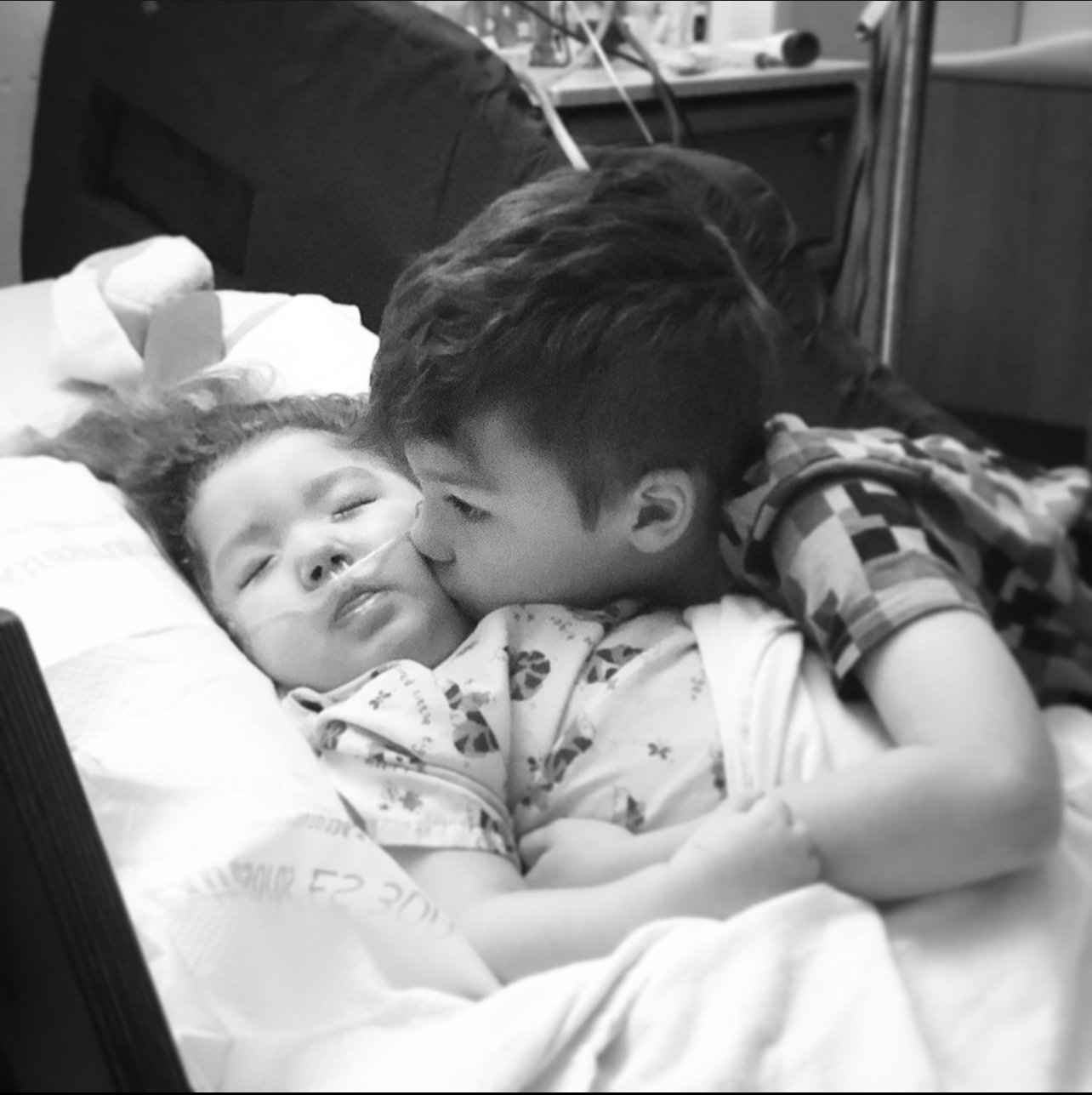Don't grieve so close to me
Last week’s post got me thinking about exposing death to children and how those experiences mold them as they grow. Perhaps this was a bit more front of mind because Hayden’s House, the retreat home I attended several years ago that, “provides a safe, tranquil space for bereaved mothers, fathers, couples, children and families to heal and connect together through a variety of methods…” was forced to put their retreat home on the market by their HOA.
It may have been child loss that brought me and my fellow retreat mamas together, but it was a shared love of 90’s pop and R&B that bonded us. That’s one of the wild and unexpected things about processing grief, it doesn’t always look like what people would imagine. Unfortunately, even the expressions of grief that people do anticipate often carry stigma and avoidance.
Folks love taking in some quality inspiration porn – succeeding in spite of hardship or surviving tragic loss – but only from a distance. As a result, grief can make us feel like pariahs. Grieving a child seems to take it to another level as it is deemed unimaginable, and many would rather not acknowledge that child loss occurs at all. But it does. According to an article published by Debra Umberson in the Journal of Health and Social Behavior, 29% of black families, 20% of Hispanic families and, 17% of white families report the death of a child. Undesirable? Yes. Unimaginable? No.
Some of the parents that find their way to Hayden’s House are struggling to socialize and feel like their broken pieces no longer fit into typical social circles. They don’t want to make others uncomfortable with their grief, but they also don’t want anyone to think they’ve moved on either. They may not be sure that they are ready to heal but they are desperate for a community who understands them.
There are certainly plenty of tears shed over these weekends but there is also laughter and dancing (cue the Backstreet Boys and Bell Biv DeVoe) because often, for the first time since they’ve lost their child, these parents can let their guard down.
An organization like this sounds important, right? But what if the retreats were happening in the home next door to yours? Would it make you uncomfortable to be occasionally exposed to these parents’ reality? This was the issue presented to Hayden’s House board members over months of meetings.
The main concern cited by the Countryside Lake Association was that "The children who live there now are entitled to have a normal childhood… And I'm not sure what the psychological impact is to those children to have other children's deaths brought to mind every day…"
As a mother who has lost a child, who has a surviving child and has added to my family after my daughter’s death, who grieves openly and talks freely about ALL my children I wanted to take this moment to address the effects of witnessing grief on a child.
For starters, there is no such thing as a “normal” childhood. For my son who grew up with a disabled sibling and spent significant time with other families with disabled children, this WAS his normal. When his sister ultimately passed, as a result of her many medical complexities, that became his normal too. It is our responsibility as parents to help our children navigate and grow within their personal version of normal. Even if (especially if?) that looks different from our own or what we had anticipated for them.
Childhood exposure to death or grief does not have to be damaging to children. I look at my son who was seven when his sister passed away: he is strong, resilient and has more empathy in his pinky finger than most adults I know have in their entire bodies. I look at my children’s friends who come to play in our home which is adorned with photos of my deceased daughter. They are exposed to child loss every time they step foot in our house, yet they remain happy, healthy, and undamaged (by my family anyway).
If addressed and explained appropriately there is no reason to assume that awareness of death, or limited exposure to grief will negatively impact our children in the long run. Until we stop treating grief, and specifically grief from child-loss, like something that should be hidden, left unspoken or ignored – organizations like Hayden’s House are that much more important and necessary. We can’t be uncomfortable with grief and then close the safe spaces created for processing and healing our grief. Grief IS normal. After all, it is simply another expression of love and nothing could be more human, more normal than love.
If you would like more information on Hayden’s House and how you can help them find a new home for their retreats visit: https://www.haydenshouse.org/.
Image description: A black and white photo of Adelaide laying in a hospital bed, wearing a hospital gown and a nasal cannula while Jackson leans over her and kisses her cheek.



